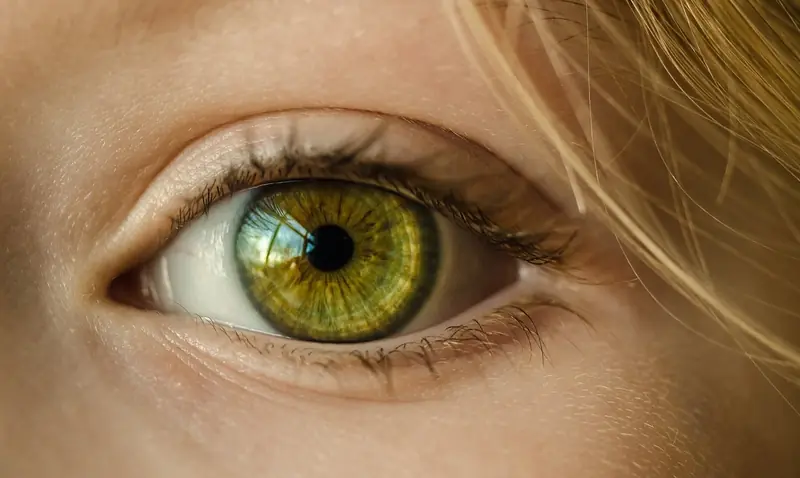
It turns out that we all constantly harm our eyesight without even realizing it. We only start to think about it when eye problems have already escalated. Headaches, blurred vision, and dry eyes are just a few of the issues that can arise.
Dr. Jorn Slot Jorgensen from the London Laser Eye Clinic and Evelyn Mensa, an eye surgeon at the Central Middlesex Hospital, discussed the threats to our vision that we encounter in our daily lives.
Prolonged Screen Time
The rise of digital devices like laptops, tablets, and smartphones has led to an increase in screen time both at work and during leisure. As a result, our eyes are experiencing strain like never before.
For those who find themselves staring at a screen for most of the day, Evelyn Mensa recommends trying the “20-20-20” rule.
This means that every 20 minutes, you should focus your gaze on something 20 feet away for 20 seconds. Additionally, don’t forget to blink while using a screen to prevent your eyes from drying out.
Smoking
Quitting smoking benefits not only your overall health but also your eyesight. By kicking this bad habit, you can reduce the risk of developing conditions like age-related macular degeneration (AMD) and cataracts.
Not Wearing UV-Protective Sunglasses
Not all sunglasses filter out ultraviolet (UV) light. Wearing those without adequate protection can expose you to harmful UV radiation, which can contribute to the development of eye diseases such as cataracts, Dr. Jorgensen warned. UV exposure also accelerates the growth of surface growths on the eyes known as pterygia.
Doctors advise never to look directly at the sun, as this can cause solar maculopathy—burning of the macula, the central area of the retina that processes what you see directly in front of you. Such burns can often lead to irreversible vision loss.
Poor Nutrition and Nutrient Deficiency
A healthy, balanced diet helps reduce the risk of developing eye diseases.
Take the macula, for instance. According to Ms. Mensa, it contains natural pigments like lutein and zeaxanthin, which are abundant in leafy green vegetables such as spinach and kale, as reported by the Daily Mail.
Vitamins A, C, and E are also beneficial for vision, so it’s recommended to consume at least five servings of fruits and vegetables each day, believes Evelyn Mensa. Additionally, fish rich in omega-3 fatty acids is good for eye health.
Not Wearing Prescribed Glasses or Contacts
If your ophthalmologist has prescribed glasses or contact lenses, it’s essential to wear them. Failing to do so can lead to further deterioration of your vision, the development of strabismus, and an increase in headaches.
Poor Lighting
Working or reading in poorly lit areas leads to eye strain and worsens vision, noted Dr. Jorgensen. Good “working” lighting is vital for eye health.
Why You Should Visit an Ophthalmologist
Regardless of how many of these harmful factors are present in our lives, it’s crucial to have regular eye check-ups. Experts recommend doing this at least once every two years. Otherwise, you risk missing undetected eye diseases. Notably, glaucoma, diabetic retinopathy, and AMD often develop in their early stages without noticeable symptoms.
Regular eye exams can also detect early signs of diabetes and hypertension.
